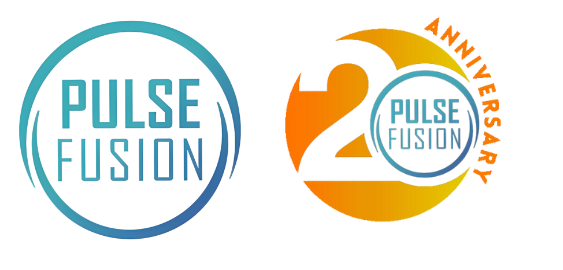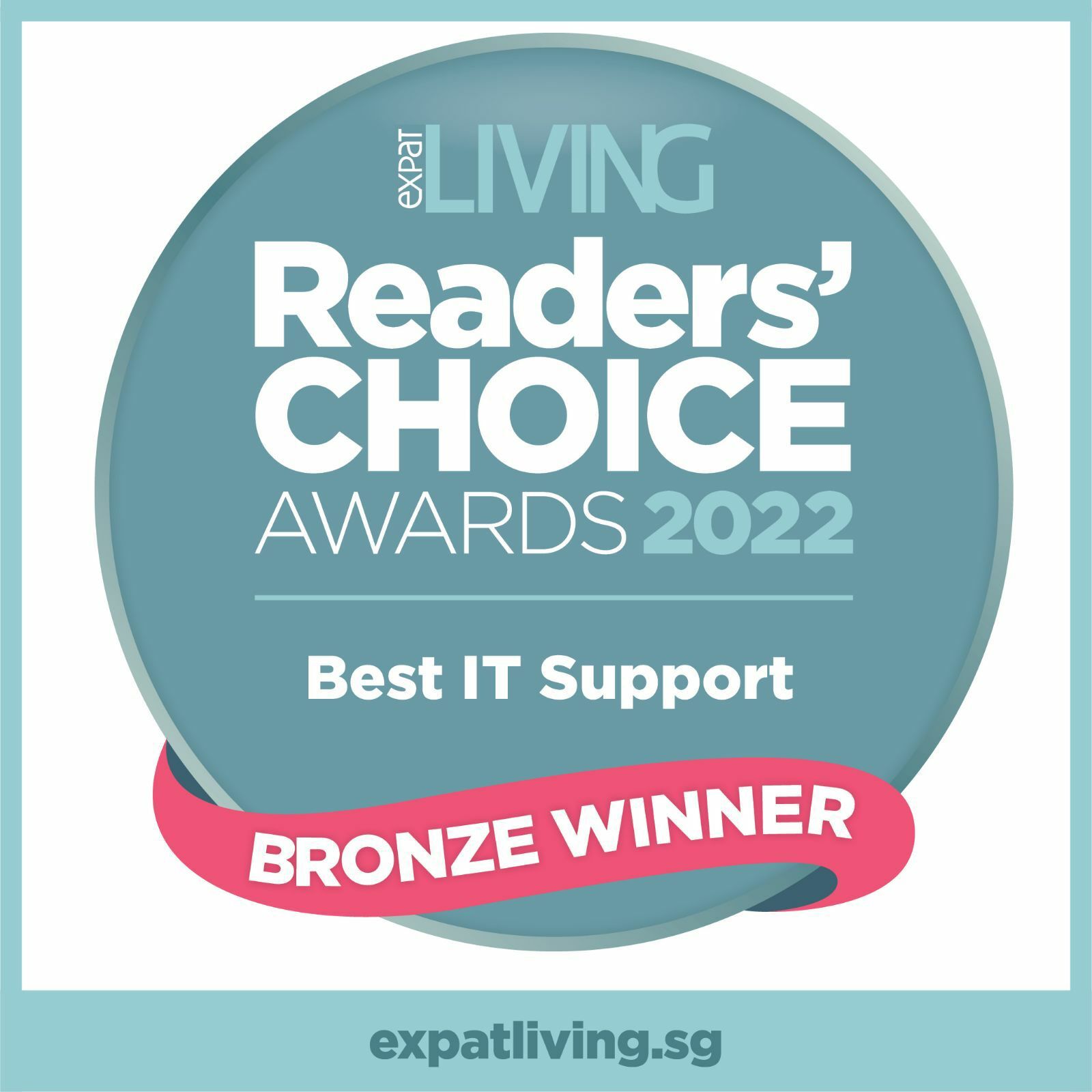5 Signs Your Computer May Be Infected With Malware and VirusesIn today’s
Why SaaS is Perfect for SMEs?
In the past, businesses had to invest significantly in licenses or software to access applications. While this approach had its merits, it often restricted usage to specific user groups and posed challenges such as technological obsolescence, resulting in high business costs. Balancing growth ambitions and resource limitations is a constant challenge for Singapore's small and medium-sised enterprises (SMEs). However, cloud-based services like Software as a Service (SaaS) now provide SMEs a viable and cost-effective solution to meet their evolving IT requirements.
SaaS products, meticulously tailored for SMEs' requirements, play a pivotal role in driving innovation, facilitating operational enhancement, and ensuring optimal resource allocation. The potential of this technology is underscored by projections indicating that the SaaS products market could soar to a value of USD$313 billion between 2023-2027.
But what exactly is SaaS?
From a technical perspective and in simple terms, a software-as-a-service (SaaS)-based application is a solution that operates entirely over the Internet, eliminating the need for complex installations and hardware maintenance. With SaaS applications hosted on the provider's server, aspects like accessibility, security, and performance are seamlessly managed, freeing businesses from the burden of IT management.
This transformative model, an integral part of cloud computing technology alongside Infrastructure as a Service (IaaS) and Platform as a Service (PaaS), offers unparalleled convenience and scalability. Unlike IaaS and PaaS, which focus on infrastructure and platform provisioning, respectively, SaaS provides a complete software solution on a pay-as-you-go basis, simplifying the software acquisition process for SMEs.
To grasp the concept better, consider SaaS as akin to a bank: a trusted entity that safeguards customer privacy while offering reliable and secure services on a large scale. Just as customers rely on banks for various financial transactions, businesses leverage SaaS solutions for various organizational functions, from email communication to customer relationship management (CRM) and enterprise resource planning (ERP) software.
Advantages of SaaS
The advantages of adopting SaaS for SMEs are manifold:
1. Flexible Access to Sophisticated Applications
SaaS offers flexible, user-based pricing, allowing access to applications from any device, facilitating workforce mobilization, and easy scalability to meet business needs.
2. Highly Scalable
SaaS solutions, with cloud-based data storage, enable access from anywhere and often integrate with other services, reducing the need for extra infrastructure and boosting scalability. This is vital for rapidly growing SMEs, allowing them to scale operations without software limitations.
3. Cost Efficiency
SaaS's multi-tenant model cuts software licensing and hardware maintenance costs, helping SMEs save resources for growth. Its subscription-based pricing also avoids large initial investments and long-term commitments, promoting financial sustainability.
4. Improved Efficiency and Productivity
Leveraging SaaS solutions boosts efficiency and productivity by integrating applications for smoother workflows, task automation, and better data sharing. This enables faster, more informed decisions and a market edge. SaaS streamlines operations, reduces inefficiencies and supports growth and innovation.
5. Global Cooperation
With SaaS, remote teams can collaborate and access tools from anywhere, expanding access to global talent and simplifying work across geographies. Removing the need for complex infrastructure keeps remote teams connected and productive, ensuring access to necessary resources for effective collaboration and goal achievement.
6. Automatic Updates
SaaS automates software updates, freeing businesses from manual upgrades and IT burdens. Updates, including new features and security patches, are applied in the background, ensuring up-to-date software without disrupting work. This saves time and reduces security and compatibility risks.
What Are the Popular Solutions for SMEs?
Amidst the burgeoning landscape of SaaS solutions, SMEs can harness a plethora of tools to streamline various aspects of their operations:
1. Project Management: Tools like Google Workspace and Trello offer intuitive interfaces and robust features for managing projects, tasks, and deadlines efficiently. These platforms facilitate collaboration among team members, ensuring seamless coordination and communication throughout the project lifecycle. From task assignment to progress tracking, these tools empower SMEs to achieve project success with ease.
2. Marketing: HubSpot CRM, Hootsuite, and Canva are indispensable for SMEs seeking to enhance their marketing efforts. From email marketing automation to social media management, graphic design, and analytics, these tools empower businesses to create targeted campaigns and measure their impact with precision. By leveraging data-driven insights and automation capabilities, SMEs can optimize their marketing strategies and drive engagement with their target audience.
3. Sales: Zoho CRM revolutionises sales management by centralizing customer data, automating repetitive tasks, and providing actionable insights. These CRM platforms enable SMEs to streamline their sales processes, nurture leads effectively, and drive revenue growth. With features such as lead scoring, pipeline management, and sales forecasting, SMEs can optimize their sales efforts and maximise conversion rates.
4. Finance: Xero and Zoho Books simplify financial management for SMEs, offering features such as invoicing, expense tracking, and financial reporting. With real-time visibility into their financial health, businesses can make informed decisions and maintain fiscal discipline. By automating tedious accounting tasks and ensuring compliance with regulatory requirements, these tools enable SMEs to focus on strategic initiatives and business growth.
5. Administration: Google Suite and Microsoft 365 are crucial for streamlining SME administrative workflows and enhancing collaboration. They support document management, internal communication, and project coordination, improving productivity. Features like shared calendars, file sharing, and messaging promote seamless collaboration and organizational alignment on key projects, boosting overall efficiency.
Navigating the SaaS Landscape with Expert Guidance
Amidst the vast sea of available SaaS solutions, SMEs need to choose the right tools that align with their specific business needs, and IT solutions consultants such as Pulsefusion plays a pivotal role.
Understanding that navigating through the myriad of SaaS products can be daunting for SMEs, Pulsefusion offers expert guidance in selecting the most suitable suite of SaaS solutions. This support is crucial, as it ensures businesses do not merely opt for software based on cost but rather on the strategic fit for their operations.
Pulsefusion's expertise in evaluating and recommending SaaS solutions can help SMEs avoid the common pitfall of investing in software that, while seemingly cost-effective, may not offer the best value or functionality for their unique requirements. By leveraging Pulsefusion’s services, SMEs can make informed decisions, ensuring their investment in SaaS not only supports their current needs but also scales with their growth ambitions. To find out more, contact us hello@pulsefusion.com for a consultation.




